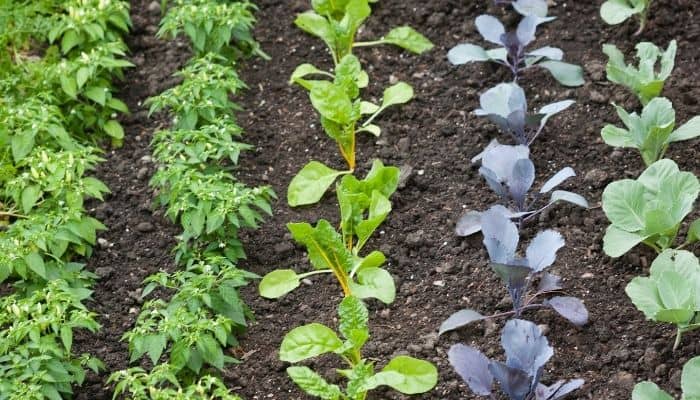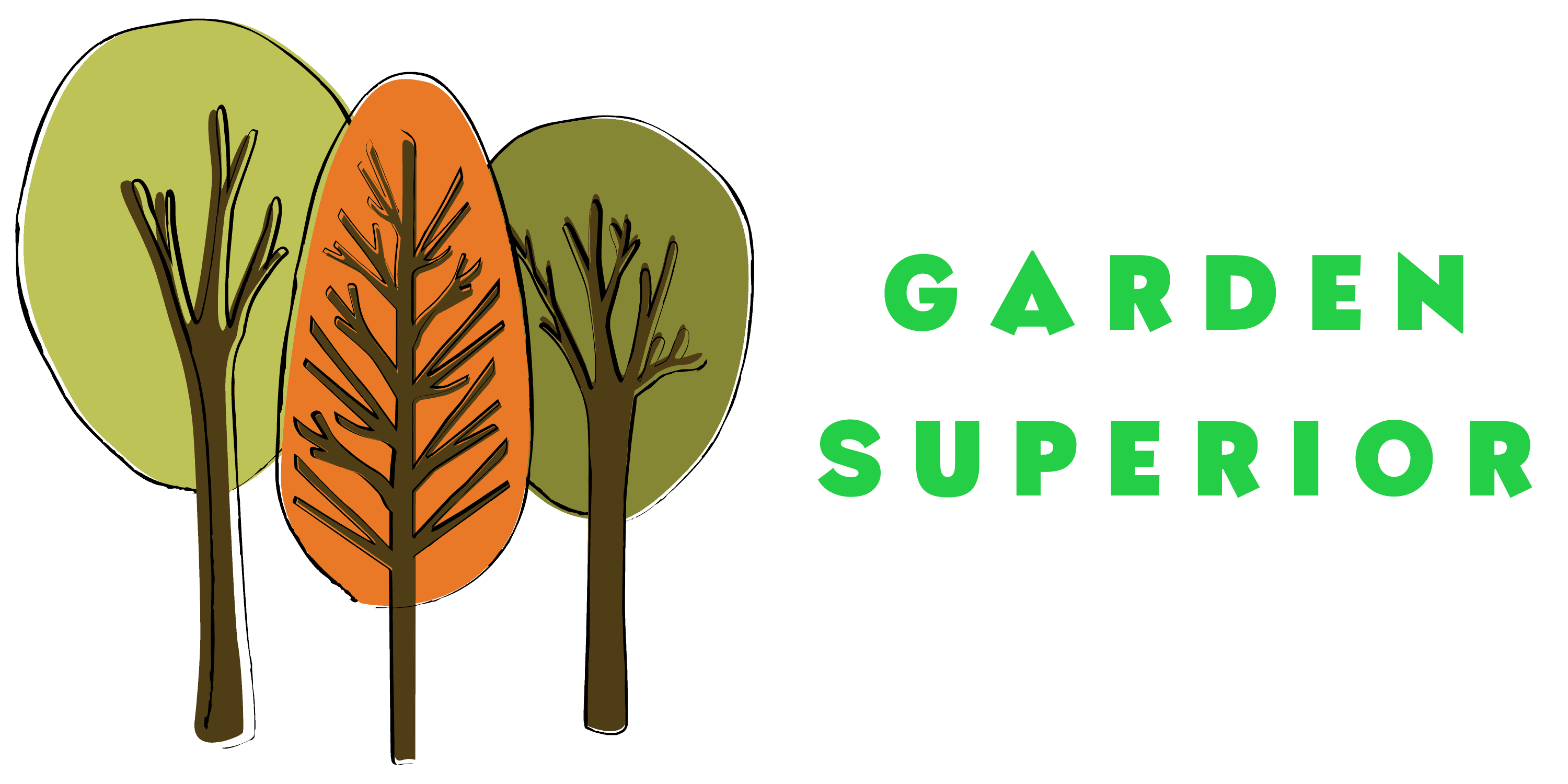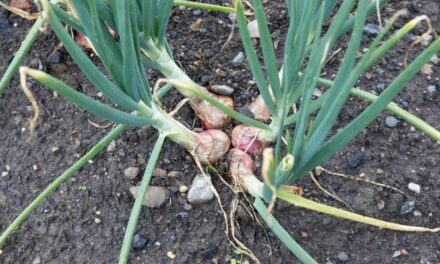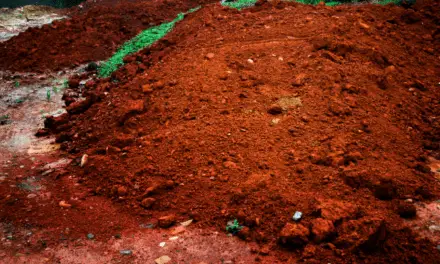When grass invades your vegetable garden it can be a little unsightly but is it also a serious threat to your harvest?
Table of Contents
Will Grass Hurt My Vegetable Garden?

Yes, grass will hurt your vegetable garden if it is growing amongst your vegetables. When the roots of grass share the same soil as the roots of your vegetables, they compete for nutrients and water.
And depending on how much and what type of grass is growing in and around your vegetable garden, your vegetable plants can end up being starved of nutrients and water, resulting in poor yields and stunted growth.
How To Get Rid Of Grass In Your Vegetable Garden
If you haven’t planted vegetables yet:
To get rid of grass from an area of soil where you plan to start a vegetable garden, you’ll need to cover it up so that light is cut off and the grass dies.
Use A Black Tarp
Till the area and remove as much of the grass and weeds as you can, then cover the patch of soil with a black tarp for a few weeks.
This will completely cut off sunlight, raise the temperature and kill off all the existing grass on the patch.
But before you plant your vegetable garden you’ll have to mix in new organic matter into the soil and wait for all of the organisms and worms to return to the area.
Related Article: Will Grass Fertilizer Kill Weeds?
Use Mulch
A better but more time-intensive way to rid grass from a patch of soil is to cover up the area with a biodegradable barrier and add a layer of mulch on top.
Fast, cover the entire area where you plan to plant your vegetables with sheets of cardboard or layers of newspaper and secure them to the ground with staples.
Then add a layer of mulch on top and leave it to sit for a few months until everything breaks down.
Once it has all broken down, the soil should be rich enough in nutrients for you to be able to plant your vegetables directly into it.
Use Horticultural Vinegar
Fill a spray bottle with horticultural vinegar and spray directly onto the grassy area.
leave it for about a week and if you don’t see the desired effect spray the area again.
Store-bought vinegar doesn’t contain enough acetic acid to get the job done so try to stick to the horticultural stuff.
Double-Dig Your Plot
Double-digging is another effective way to remove grass from your vegetable garden.
First, dig out the sod in rows and chop it up into manageable pieces.
Then dig out about another 7 or 8 inches of the soil that was underneath sod and keep it nearby.
Next, lay the pieces of sod back down in the vegetable plot, upside down (with the soil facing up).
Then shovel the fresh soil back in on top and you should be OK to start planting your vegetables.
How To Get Rid Of Grass In Your Existing Vegetable Garden
If you have already planted your vegetable garden and grass has invaded, you won’t want to smother the surface of the soil because it will also kill all your vegetable plants.
Instead, you need a way to rid the grass from your vegetable patch without killing your vegetables.
Use a Natural Citrus-Based Weed Killer
Natural citrus-based weed killers are non-toxic and safe to use in your garden.
As soon as you see any weeds or grass popping up, give it a spray with the citrus-based weed killer and it will take effect within an hour.
Be careful not to spray onto your vegetable plants.
Spot treat and try to only spray onto weeds and grass.
Are Grass Clippings Good For My Vegetable Garden?
Grass clippings are very beneficial to your vegetable garden.
Grass clippings are packed full of all the nutrients that vegetables need to grow.
While you don’t want any grass to be growing in your vegetable garden, grass clippings can actually be used to feed the soil in your vegetable garden.
It is recommended to use grass as mulch for your veggie garden.
The Benefits Of Using Grass Clippings As Mulch For Your Vegetable Garden
Mulch is used to prevent weeds from growing in your vegetable garden and will help the soil lock in some moisture.
So, in turn, helping your vegetables to get essential nutrients.
It can also block direct sunlight or heavy winds, so it actually acts as a protector.
If you have a large grassy lawn, you will have an endless supply of mulch for your veggie garden.
Studies have experimented with using grass as mulch for cauliflower, and they showed that this will improve your soil, and in turn, will yield better quality cauliflower (and other veggies).
But grass mulch does require some attention and care.
You can’t use grass that is too wet, and you can’t layer it on too thick, because it can become slimy.
How To Use Grass Clippings As Mulch For Your Vegetable Garden
Collect your grass clippings in a bag after mowing your lawn.
You should only lay about a 6mm (quarter inch) layer in your veggie garden.
This will make sure it breaks down easily before it starts to go slimy and smelly.
Grass won’t only turn slimy, but it can grow mold as well, which you really do not want amongst your vegetables.
If your clippings have dried out, you can layer this on a little bit thicker if you like.
Grass clippings contain micro-nutrients your garden will thank you for.
You can find high amounts of nitrogen in the grass which plants actually need to thrive and grow.
Honestly, using your grass clippings as food for your plants is the best way to use them up.
This way you don’t waste it by throwing it out.
How To Maintain A Vegetable Garden
looking after your veggie garden is important if you want to get the most value for your time.
Neglecting your garden can result in poor harvests or even no yield at all.
Water And Sunlight
First of all, you need to water your garden regularly and make sure it gets enough sunlight.
Your garden needs about one or two inches of water every week, and if you are in a heatwave make sure to increase this amount so your garden doesn’t dry out.
On the other hand, if it has been raining more than usual, decrease the amount so your veggies don’t get waterlogged and rot.
Letting your veggies rot will leave you with nothing, and you will have to start over again.
Weed Your Vegetable Garden
Secondly, make sure to weed your garden.
You don’t want weeds to take away any nutrients within the soil that is intended for your vegetables.
Make sure to check regularly for weeds, because it will help you keep on top of them before they invade.
Improve The Soil
Thirdly, you should enrich the soil you are planting veggies into.
Consider working some organic stuff into the soil beforehand.
And add some organic matter into it a couple of times during the season.
Obviously, what you add to your garden will depend on what you are planning to plant.
Every plant is different and has different needs.
So, always check up on what you are planting and get advice based specifically on the plant of your choice.
You need organic stuff because organic foods will release nutrients slowly, so they will actually feed your garden for a longer period.
If your organic fertilizer is water-soluble, make sure to water your garden before you apply it.
Lastly, as discussed earlier, mulching is an excellent way to help your garden grow.
It will suppress weeds, which means less weeding for you (YAY!).
It will also keep moisture at a good level, making sure the veggies are fed properly and are growing well.
Other Uses For Grass Clippings
Clippings can be added to a compost pile.
Grass can break down quite quickly, and they are full of nitrogen which is very good for composting.
Now, if you choose to compost, make sure that is not the only material in your compost pile.
Grass on its own will turn smelly and slimy.
However, if composted with something else, it can actually break down within a month, if not less.
Make sure to mix it with some dry, brown materials, such as leaves or even plain straw.
Final Thoughts
One of the biggest nuisances when growing a vegetable garden is definitely how quickly grass can take hold.
And depending on how bad the invasion is, it can definitely hurt your vegetable garden.
Whichever way you go about it, grass can be difficult to keep out.
But once you manage to completely eradicate it, you’ll stand a very good chance of keeping it out from your veggies for good.




